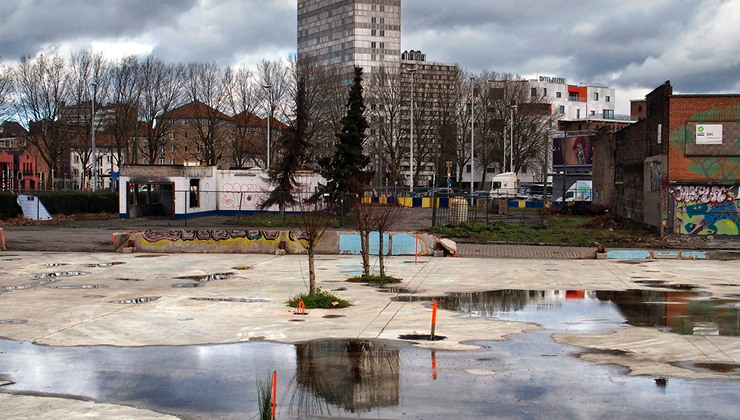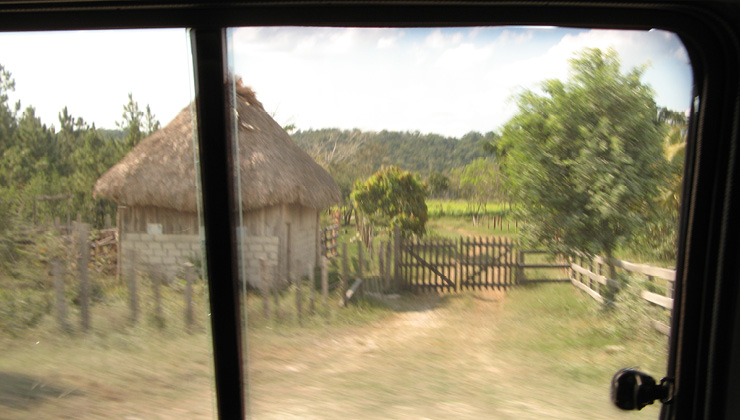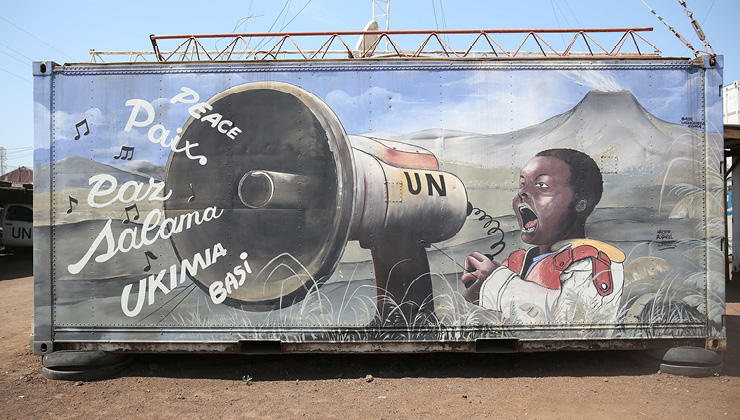Cristal Downing, Sofia Rivas and Ángela Olaya discuss the ongoing barriers to gender equality in Colombia, 5 years on from the signing of the Peace Agreement, arguing that the existing tools set out in the Agreement must be fully implemented if there is to be a sustainable and lasting peace in the country.
Today marks the fifth anniversary of the 2016 peace agreement between the Government of Colombia and the FARC-EP. The implementation of this accord – revered by many for its ambition and comprehensive approach to addressing the roots of Colombia’s half-century conflict – has by no means been smooth. A change of government, a pandemic, an economic downturn, and the emergence of new armed groups are just some of the challenges faced by policymakers and practitioners who have been working to put words into action over the last 5 years. Sadly, the slow pace and troubled roll-out of services and programming has resulted in negative public opinion of implementation in a number of areas of the peace agreement, including its gender provisions.
After the signing of the peace agreement in November 2016, there were high hopes surrounding its potential to transform gender relations, stereotypes, and roles in Colombia. From the focus on the needs and rights of women victims to the creation of the Gender Sub-Commission to mainstream gender equality throughout the negotiations, it was clear that the parties to the agreement recognised the need to ensure women’s voices were heard in the peace process – making the link between gender inequality and root causes of conflict that has been evidenced in academic work in numerous settings. In other words, the peace agreement acknowledged that women’s equality wasn’t just about enabling the conditions for women to fully exercise their human rights; it is about fostering stability for society overall.
But 5 years on, what progress has been made against these ground-breaking measures to break down the barriers that impede gender equality in Colombia? As explained by the report published by the Managing Exits from Armed Conflict (MEAC) project at the United Nations University Centre for Policy Research in November 2021, the peace agreement has contributed to the “promotion of vocational training for women in disciplines other than those traditionally occupied by women” and has committed to “the construction of a citizenship that incorporates non-discriminatory values and respect for women’s right to a life free of violence” among other achievements. However, despite the aspirations of the agreement, progress has been slow in several areas – from victims’ reparations to gender-responsive security strategies for conflict-affected communities – and therefore, continued implementation of the agreement is essential to advance gender equality in the country.
Drawing on original survey work of the MEAC project across 11 municipalities in Colombia, eight of which were conflict-affected areas prioritised by the “Territorially-Focused Development Plans” (“PDET” by their Spanish acronym), the report highlighted several data points signalling that sexist attitudes and gender stereotypes are still rife in the country. When asked whether men and women should have different roles in society, 60 per cent of rural men and 56 per cent of rural women agreed, compared to 44 per cent of urban men and 40 per cent of urban women. Older respondents were also more likely to agree with this premise – unsurprising given that older rural populations generally maintain more conservative and traditional mindsets than urban populations. These findings suggest that traditional gender roles are still entrenched in some parts of Colombia, and therefore, the peace agreement represents an opportunity to promote a more equal system for men and women in society.
despite the aspirations of the agreement, progress has been slow in several areas – from victims’ reparations to gender-responsive security strategies for conflict-affected communities - and therefore, continued implementation of the agreement is essential to advance gender equality in the country.
Perhaps more telling – and indeed, more varied – was the data on perceptions of women’s need for men’s protection. Almost half of rural men respondents in the survey believed that women need the protection of men to survive, compared to only 28 per cent of rural women, 24 per cent of urban men, and 8 per cent of urban women. Once again, younger people in both urban and rural contexts were less likely to agree with the statement. These findings support the evidence that sexist attitudes are particularly high in rural conflict-affected areas, where militarised systems reinforce gender stereotypes. The institutions that implement the peace agreement must therefore continue to focus on tackling new cycles of conflict-related and gendered violence in these rural areas.
This adherence to gender stereotypes shows that it is not only men but also women, particularly women in rural areas, who uphold gender stereotypes that may contribute to – as well as feeding from – systemic inequality. This may not be surprising, given evidence that women internalise sexist attitudes and practices that, though seemingly repressive, afford them certain benefits such as protection and adoration from men.
The same MEAC report also found that women respondents had higher levels of fear towards ex-combatants than men, and that this difference was not explained by victimhood in the context of the Colombian conflict. This is not to say that women have not been disproportionately and differentially affected by violence throughout Colombian history, particularly women from minority populations such as Afro-Colombians and Indigenous people. As explained by the president of the association of community action boards in Caquetá, women fear ex-combatants more than men do because “they know about the things, the injustices, and about what has happened to women. They know about those women who have been displaced from their territories, that have been forced to leave their land, and their families. They see what has happened internally during the conflict”. Therefore, it could be that beyond victimhood, women fear ex-combatants because they have witnessed, and they are aware of the violence suffered by other women throughout the armed conflict. Overall, further research is needed to gain a better understanding of the factors that determine women’s fear towards former members of armed groups.
Alongside these experiences of victimisation, women in Colombia have also taken key roles in truth-seeking and historical memory processes. Their identities and roles in the conflict have gone far past that of those of victim to peacemaker. Indeed, the 2016 peace agreement recognised the need to establish a gender-responsive approach to implementation across all aspects – not only victims’ rights. Effective reconciliation and broader peacebuilding processes in Colombia must consider the breadth of women’s experiences and perspectives that could affect their attitudes towards reconciliation. As explained by the community leader interviewed, the implementation of effective reconciliation strategies is nevertheless particularly challenging due to the ongoing nature of the Colombian conflict: “Communities are aware that it is much more difficult to deal with today’s armed groups than the ones that existed before. Considering that there is a territorial dispute between the groups, this makes them commit many more atrocities compared to the past. We won’t be able to obtain reconciliation while this topic isn’t resolved”.
Full implementation of the peace agreement would mean dismantling gender stereotypes and attitudes that prevents the construction of peace, and it would bring about stability not only for women, but also for society as a whole. The agreement provides the essential tools for taking a gender-responsive approach to conflict and violence reduction and reconciliation, recognising women as more than victims and ensuring their full, equal, and meaningful participation in the creation of a peaceful society. The barriers to gender equality and achieving such participation have been shown to still exist. Now, 5 years on from the signing of the agreement, the need for peace in Colombia is as acute as ever. It is essential that the existing tools to overcome this inequality are used in the integral implementation of the agreement, for the achievement of stable and lasting peace for all Colombians.
The views, thoughts and opinions expressed in this blog post are those of the author(s) only, and do not necessarily reflect LSE’s or those of the LSE Centre for Women, Peace and Security.
Image credit: Agencia Prensa Rural (CC BY-NC-ND 2.0)




